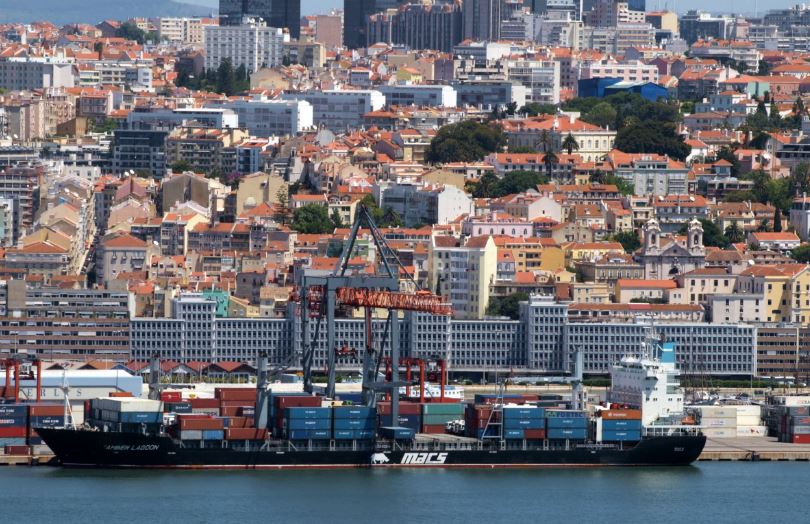Portugal’s economic growth is expected to slow down through this year and next, as the country struggles with a systemic banking crisis, the lack of a convincing medium-term fiscal plan and excessive public and private sector leverage.
Growth is expected to decline, suffering the effects of the Brexit outcome, with investment and private consumption to slow materially, pushing 2016 growth down to 0.7 percent and 2017 to 0.3 percent, Barclays reported.
Further, the total capital needs for the Portuguese banks is expected at EUR7.5 billion. This includes EUR5 billion for Caixa Geral and potentially EUR2.5 billion for BCP if it cannot meet higher requirements independently. However, this does not take into account the positive effect of the repayment of the contingent convertibles (CoCos) of both banks.
Further, Barclays said that it expects public debt to increase from 130 percent of GDP in 2015 to 132 percent in 2016 and remain above 130 percent through 2020. The government is expected to achieve a primary fiscal balance slightly above 1 percent of GDP over the medium term.
"More importantly, the government has yet to formulate a realistic medium-term fiscal path consistent with solvency, in our view," Barclays commented in its report.
Meanwhile, no major risks have emerged in Italy and Spain that could possibly spread to Portugal. However, any negative shocks to the risk factors could see sufficient pressure on Portugal’s finances for it to consider another program. In such a downside scenario, more debt relief might be needed to ensure fiscal solvency.



 U.S. Stock Futures Slide as Tech Rout Deepens on Amazon Capex Shock
U.S. Stock Futures Slide as Tech Rout Deepens on Amazon Capex Shock  Trump Endorses Japan’s Sanae Takaichi Ahead of Crucial Election Amid Market and China Tensions
Trump Endorses Japan’s Sanae Takaichi Ahead of Crucial Election Amid Market and China Tensions  Trump Signs Executive Order Threatening 25% Tariffs on Countries Trading With Iran
Trump Signs Executive Order Threatening 25% Tariffs on Countries Trading With Iran  South Africa Eyes ECB Repo Lines as Inflation Eases and Rate Cuts Loom
South Africa Eyes ECB Repo Lines as Inflation Eases and Rate Cuts Loom  Dow Hits 50,000 as U.S. Stocks Stage Strong Rebound Amid AI Volatility
Dow Hits 50,000 as U.S. Stocks Stage Strong Rebound Amid AI Volatility  Dollar Steadies Ahead of ECB and BoE Decisions as Markets Turn Risk-Off
Dollar Steadies Ahead of ECB and BoE Decisions as Markets Turn Risk-Off  Russian Stocks End Mixed as MOEX Index Closes Flat Amid Commodity Strength
Russian Stocks End Mixed as MOEX Index Closes Flat Amid Commodity Strength  Bank of Japan Signals Readiness for Near-Term Rate Hike as Inflation Nears Target
Bank of Japan Signals Readiness for Near-Term Rate Hike as Inflation Nears Target  Gold Prices Slide Below $5,000 as Strong Dollar and Central Bank Outlook Weigh on Metals
Gold Prices Slide Below $5,000 as Strong Dollar and Central Bank Outlook Weigh on Metals  South Korea Assures U.S. on Trade Deal Commitments Amid Tariff Concerns
South Korea Assures U.S. on Trade Deal Commitments Amid Tariff Concerns  Silver Prices Plunge in Asian Trade as Dollar Strength Triggers Fresh Precious Metals Sell-Off
Silver Prices Plunge in Asian Trade as Dollar Strength Triggers Fresh Precious Metals Sell-Off 
































